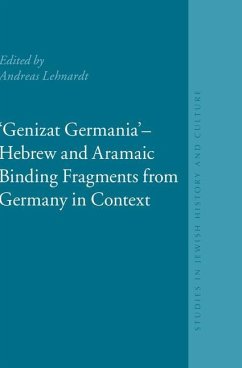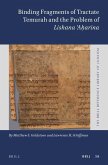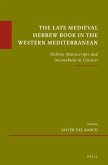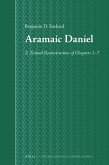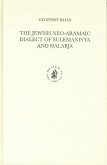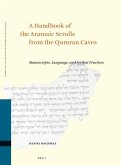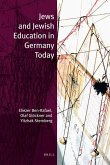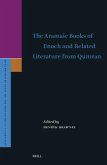Genizat Germania is a project at the Johannes Gutenberg University in Mainz focused on the search for and analysis of Hebrew and Aramaic binding fragments found in the books and files of archives and libraries. In recent years this systematic search has revealed several hundred new fragments, including some rare Talmudic, Midrashic and liturgical fragments. The new discoveries both in Germany and elsewhere in Europe have broadened the knowledge of Jewish literature in the Middle Ages and Early Modern periods. This volume collects the papers of international scholars which cover recent discoveries in Germany, the European Genizah or fragments found in Italy, Poland, Great Britain and Austira, the approaches of similar projects in Austria and the Czech Republic, as well as an extensive bibliography.
Hinweis: Dieser Artikel kann nur an eine deutsche Lieferadresse ausgeliefert werden.
Hinweis: Dieser Artikel kann nur an eine deutsche Lieferadresse ausgeliefert werden.

